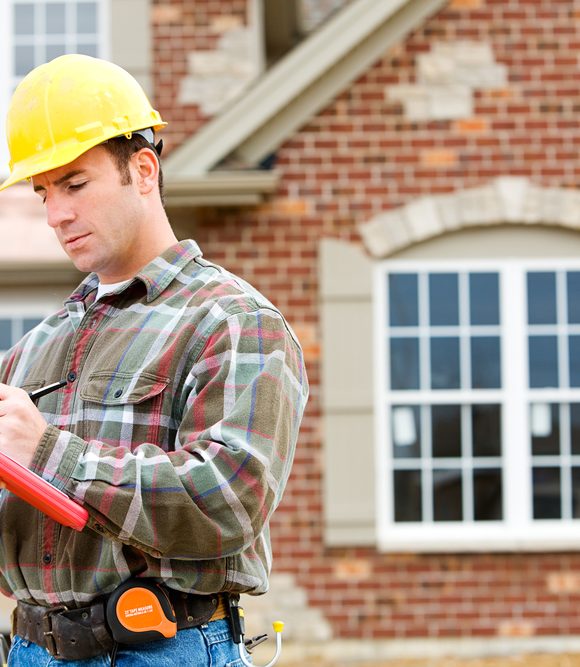Apartment experts say that some detective work is needed to conduct a search that finds the most livable rental residence for the money. After you have weeded out a good apartment complex from many rent signs and/or listings, scanned the neighborhood you like for the best rental possibilities, you will be ready to scrutinize each property and landlord for shortcomings.
It is easy for a prospective tenant to gather quick clues about the general care, maintenance of the building, and cleanliness of the area overall. Try to talk to the tenant who is vacating the apartment you are planning to rent. He or she can tell you a great deal about the pluses and minuses of living there. Here are some tips for inspecting the inside of the apartment:
Is it clean? Carpet should be cleaned and walls/ceilings should be freshly painted. Does the apartment have a bad odor? It could be a tip that the prior tenant had a pet or cooked spicy foods.
Check room sizes with a floor plan. Make sure the furniture that you will be moving will fit. Is the bedroom near the bathroom? Does the dining room adjoin the kitchen?
Inspect kitchen appliances. Check the stove to see if all burners work. Does the range have a hood with a fan? Is the oven self-cleaning? Is the stove gas or electric? If it is gas, you may have an extra monthly charge for cooking gas. This would also be true if you had a gas clothes dryer in your unit.
Check out the refrigerator/ freezer for storage space. Is there enough counter and cabinet space? Don’t forget to keep an eye out for bugs, especially in a high-rise building.
Inspect the central air conditioning and heating systems. Ask other tenants if there is enough heat in the winter. It can be costly if you have to buy or rent window air conditioning units.
Is there enough storage space? Do you have enough closets for clothes, linens and general items. Are there built-in shelves and bookcases for books and DVDs? Do you also get a storage space that is not adjacent to the unit?
Does the building have special amenities such as a swimming pool, game room, barbecue area, and exercise room or tennis courts? Keep in mind that recreational amenities generally will increase your rent. You should consider what features you will really use.
How is the noise level in the complex? Have neighbors been playing music louder than you prefer? Are you located by a major airport, freeway or train tracks?
Do you need an apartment that takes pets? If not, do you want to live in an area that does? Do tenants appear to be cleaning up after their pets? What is the management policy for pet size and maintenance?
Rental experts suggest that tenants should tour several apartment complexes before placing a deposit on a unit. The minimum deposit to hold a unit is usually $100. Prospective renters still need to fill out an application and pay an application fee. This will hold your unit while your employment, credit and rental histories are being checked out. This process usually takes 7 to 10 days to complete.



